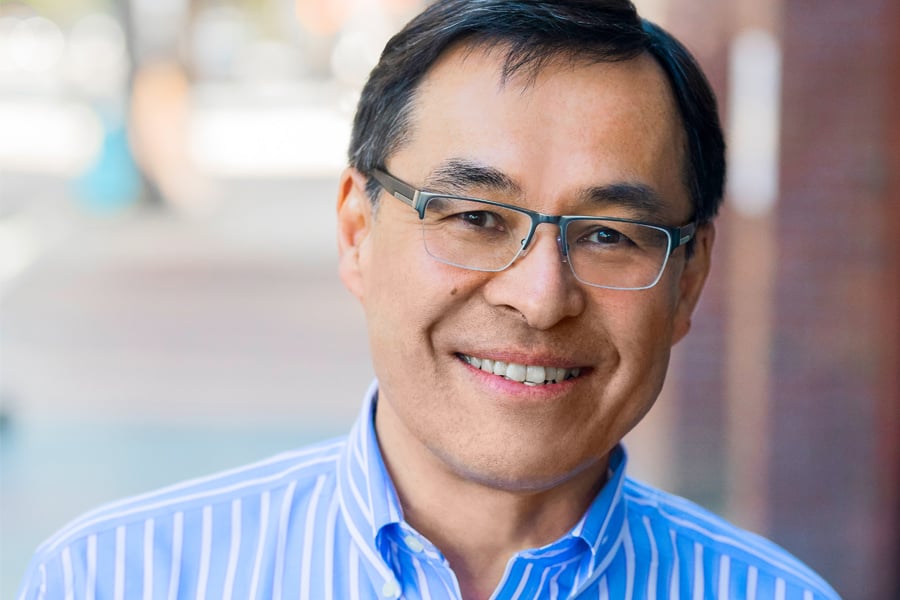An immigrant himself, he makes all types of clients feel at home and understood.
Chris Chen was 18 years old when he moved to the U.S. from Europe, where his Chinese father and German mother met each other in Spain. Mr. Chen was born in Switzerland and grew up in Belgium and France before his family moved to America in 1978, just in time for college at the University of Rochester in New York.
"I was never a local. I was always a bit foreign," said Mr. Chen, who is 57, of his immigrant experience.
Mr. Chen founded Insight Financial Strategists, a fee-only fiduciary, in 2012. He had wanted to run his own firm for many years, however, he wasn't sure how or what type of firm to start, so he spent much of his career making business trips around the U.S. and the world.
After decades working for banking and technology companies, like Manufacturer Hanover Trust and Co. or Apani Networks, Mr. Chen decided to change his career to financial planning.
"I thought I'd want to do something that agreed with me more. Something that was about helping people as opposed to helping large corporations," Mr. Chen said.
Today, he specializes in life transitions, specifically retirement or divorce.
Mr. Chen, who charges an hourly fee of $250 to $300, is a certified divorce financial analyst and is treasurer of the Association of Divorce Financial Planners. He said that there is often uncertainty and anxiety that comes from unfamiliar transitions, so he wants to help give people peace of mind.
"When you're working in divorce, which is a volatile situation, you need to work well with other people," said Cheryl S. Glazer, president at the Association of Divorce Financial Planners. "You know how sometimes they say divorce is a team sport? He's a good member for a team."
Based in Waltham, Mass., Mr. Chen said he had about 45 clients last year needing varying degrees of advisory services. The Boston suburb he works out of is not diverse, but Mr. Chen said it's easier for him to cultivate clients who are Asian or Asia-American. "People make a lot of assumptions based on what you look like," he said.
Early on, he connected with people who, though not immigrants, also had the experience of being a foreigner, such as one client who worked as a Mormon missionary in Korea and another who worked as a journalist in Hong Kong for the South China Morning Post.
Mr. Chen estimates that up to 10% of his clients are Asian or Asian-American. "When they walk in, they feel comfortable, because they figure that I will understand them, because they figure that I am not mainstream American," Mr. Chen said. "They figure they don't have to explain things, because I will get it."
His Asian clientele who have immigrated from Asia are more likely than others to inquire about hard assets, like real estate. "They're looking at that as a safer way to accumulate wealth," he said.
For instance, one recent client had inquired about purchasing a triple-decker home in the Boston area, he said.
More important than this, however, he said his Asian clientele are more likely to have a strong cultural orientation around family, which he said is not unlike Jewish or Latino cultures. When Asian clients walks into his office, they assume he understands those values just as well, he said.
"When an Asian walks in here, he feels home already," Mr. Chen said.







